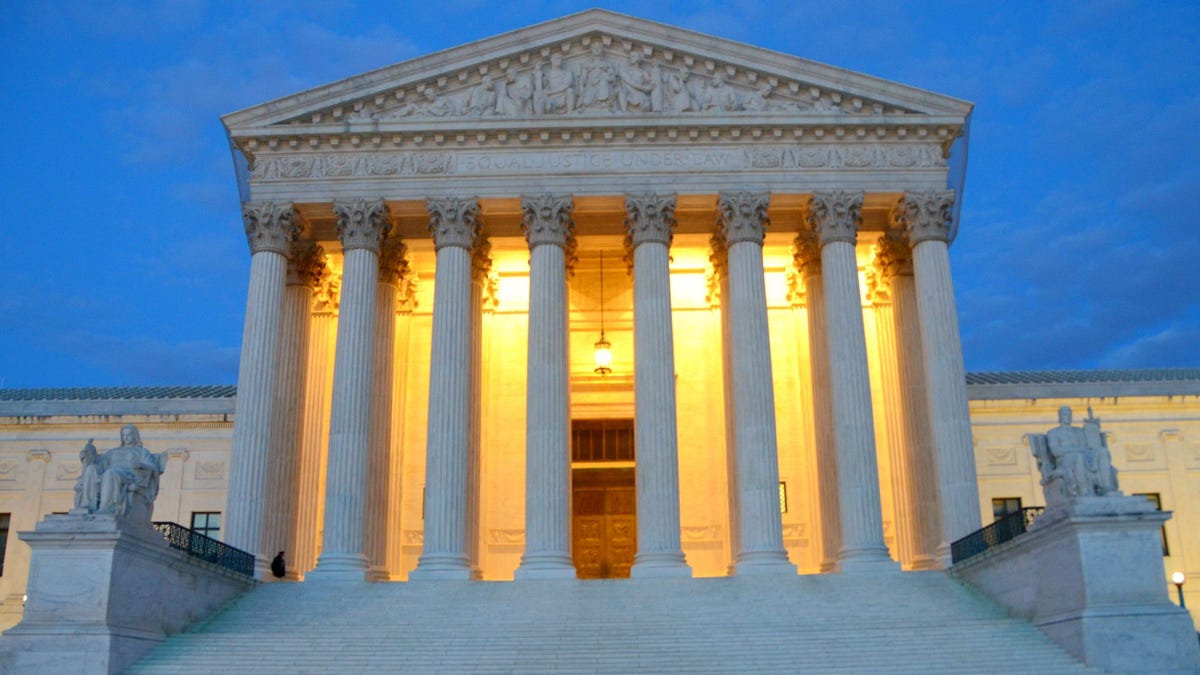Too much hubbub over Supreme Court declining Tenenbaum case
The high court decides not to hear an appeal from Joel Tenenbaum, a man penalized $675,000 for illegally downloading 31 songs online. But the case is far from over.

First thing to know about the case involving acknowledged music pirate Joel Tenenbaum is that it will likely go on...and on.
Much is being made about a decision today by the U.S. Supreme Court not to hear Tenenbaum's challenge to a jury ruling against him, one that left him with a $675,000 penalty hanging over his head.
In 2007, the Recording Industry Association of America (RIAA), the trade group of the top four record companies, filed a copyright infringement suit against Tenenbaum, a then-college student from Boston who was accused of illegally downloading 31 songs from a file-sharing Web site. Tenenbaum argued that the jury award was unconstitutional and the federal judge who oversaw his trial agreed that the penalty amount was "excessive."
But an appellate court agreed with the RIAA, that the judge had no business changing the jury decision. That's when Tenenbaum's lawyers asked the high court to step in, hear the case, and finally put an end to the 5-year-old legal process.
Eric Goldman, an assistant professor and director of the High Tech Law Institute at the Santa Clara University School of Law, said the Supreme Court declining to hear the case was not a surprise.
"The Supreme Court denies the vast majority of certiorari requests, so the rejection was expected and not very illuminating substantively," he said. "If anything, it would have been absolutely shocking if the Supreme Court had agreed to hear the case. All of this reinforces that Tenenbaum's case is hardly an ideal 'test case' for establishing new law, and the resources both sides are spending fighting each other aren't likely to produce precedent that anyone else will find useful."
All that happens now is that -- unless there's a settlement -- Tenebaum is expected to carry on the fight and the case will continue to churn its way through the courts. How's this for irony? The case could still be heard by the Supreme Court once it trudges through the legal process.
Any decision is likely to have little impact on today's music listeners. The lawsuit against Tenenbaum is a remnant of the RIAA's litigation era, when the music companies tried to deter the public from pirating songs by suing individuals. The RIAA abandoned that strategy and set its sights on shutting down Web sites that illegally distribute music.
They also started trying to lure music fans to legal sites with cheaper and more accessible songs.

